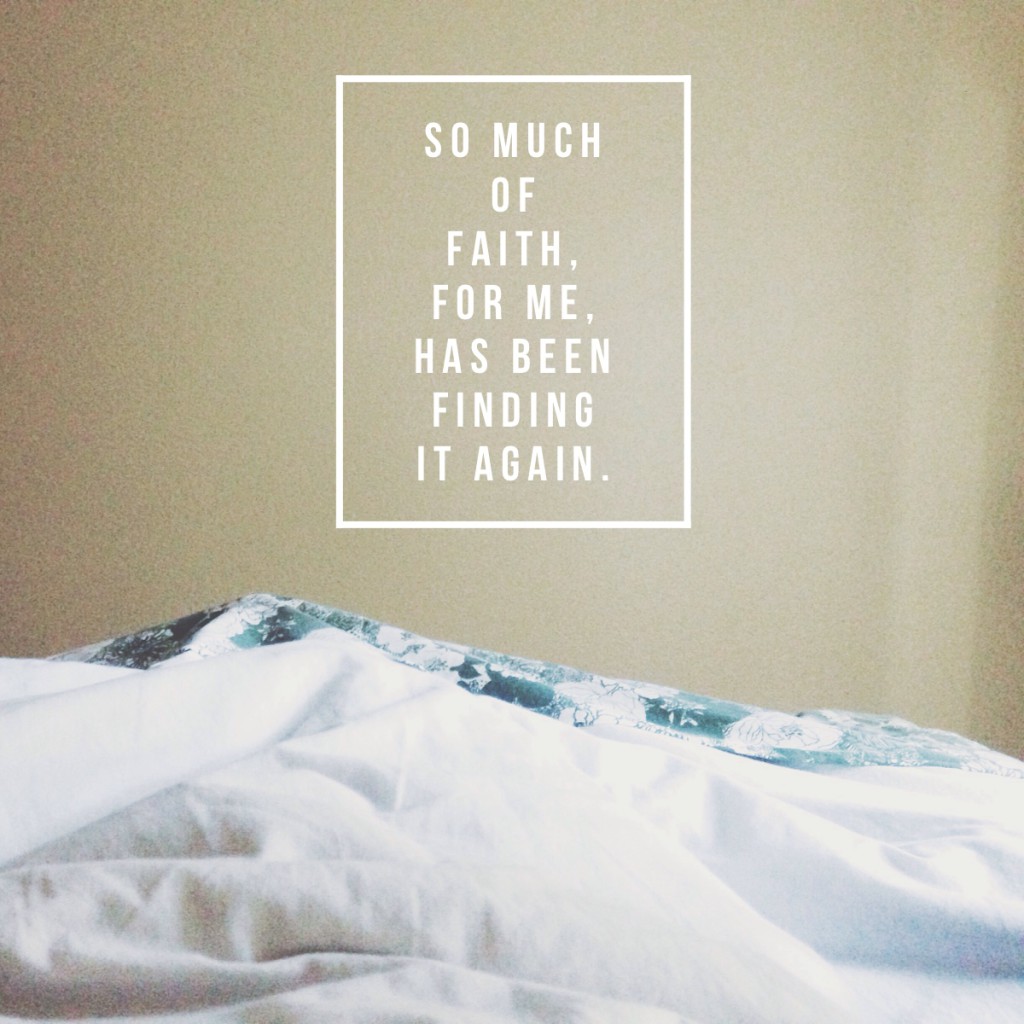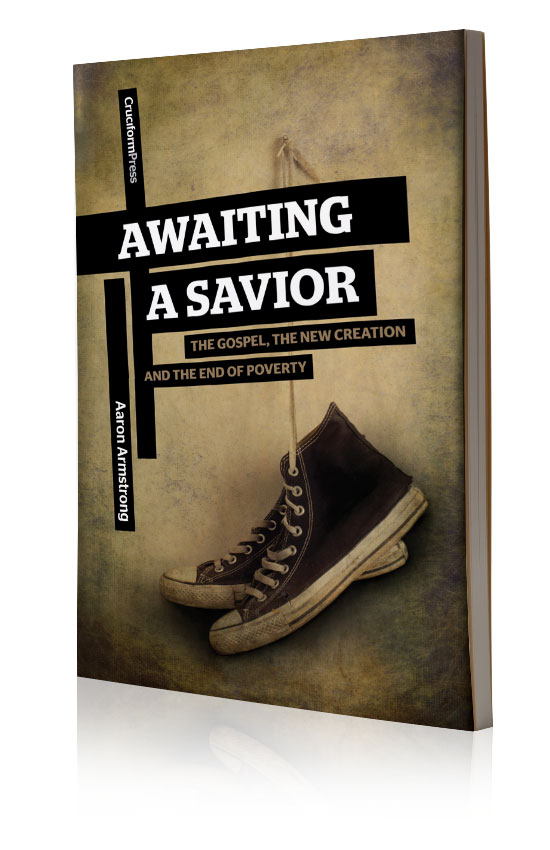How Do We Engage Someone Who is Neglecting the Gathering?
A friend who knows my story of loving church and leaving it and then loving it more than I thought I could posed this question to me today on Facebook. I thought it was a good question and something many of you might be experiencing or know others who are. If you're interested, I've copied an edited version of the question and answer below. If you'd like to join the discussion, here's the link to the thread on Facebook.

I've recently encountered a few believers who don't participate in Sunday (weekly) worship services with a local church because they're afraid that such participation can easily lead to legalism. Meaning, they recognize that some who go to a service on Sunday feel better about themselves, feel like they have better standing in the presence of God because of it, and maybe even think that such participation will ultimately play a part in their own salvation.
How could I help this group toward participation in Sunday services? Something that I believe would be equipping for them and allow them to more directly be involved in body life and Kingdom. I certainly don't want to encourage them toward legalism, but I want to stir them to good works and practical ways for them to better serve other believers and the lost around us.
I'm asking you because I think you've wrestled with these ideas more than many (e.g. tithing and church membership), and I know that you've come to recognize that you're able to walk in good works without incorrectly basing your justification/adoption upon them.
—Jamie
Jamie, I think like every discipline there is a matter of obedience and a matter of cheerfulness. And the question of which comes first is a chicken/egg question. Does cheerfulness in the discipline lead to obedience? Or does obedience in the discipline lead to cheerfulness? I think we can argue that almost always in the first, yes. And in the second, sometimes. We love to do what we love after all. But we do not always love what we have to do.
In the matter of any discipline there is the matter of obedience: the bible says to not neglect the gathering of the saints (Heb. 10:25); it commands obedience to church authorities (Heb. 13:17)—who are these authorities if we're not gathering with the saints in a local and organized fashion? It only takes a cursory glance through Acts and the epistles to see that the description of a healthy believer is one who is gathered regularly with believers in a local and somewhat organized context. But it is also clear that the prescription for a healthy believer is one who is doing the same. That's not legalism, that's the pursuit of joy in submission to what scripture calls best.
Now, you know as well as I do, that one of the reasons you're asking me this question is because there have been times when I've refrained from gathering (or tithing, or regular spiritual disciplines) and have no regrets about doing so. And it's true. I have no regrets. But I would never build a theological case for it. An experienced testimony is not the same as a theological trajectory. The gospel that saves us is the gospel that sustains us, but the way we come to the knowledge of the gospel doesn't necessarily need to be the lens through which we see the every increasing joy of the gospel.
I would say to the person who feels they are sinning in the experiencing of these things (either by feeling convicted about legalism, judgement of others, or anxiety, etc.), that their experience is real, but that a real experience or feeling doesn't mean that our God is not good and sovereign—and that the cure for their experience is grace. First grace to themselves, grace to others who find joy in what they fear, grace in the process, but ultimately understanding the grace of God sets us free from all fear—including fear of legalism. We must understand that fear of legalism is just as much a sin as legalism—and the cure is the same: grace. In the pleasant boundary of grace (when we're not hammering our heads or the heads of others about a particular discipline), there is freedom to exercise obedience that IS cheerful. In this case, we don't want to be the ones hammering the head of a weaker brother or sister, but instead displaying our delight in a beautiful thing. Delight can beget obedience.
Behavior modification doesn't lead to cheerfulness, it only leads to moralism—which has become somewhat of a curse word in some circles, and which we ought to recover. Morals are not wrong ever. Moralism rooted in fear of man or God is wrong. But morals are good virtues given from God who only gives good gifts. The only thing that leads to TRUE cheerful obedience is wonder and awe at the God who delivered us from legalism, behavior modification, and fear of man moralism. And sometimes the only way we get there is to stand still and behold the wonder apart from the things that lead us to fear (and others to joy). Abstention from the local church (tithing, fasting, etc.) for a season might be that place, but a person who is being honest with themselves and God will see quickly that they can't stay there long.
I'm staying in the mountains of San Diego this week at over 4000 feet elevation. This morning I woke up and my skin felt so dry. I drink a lot of water usually and have been drinking my usual Dallas amount, but in this elevation I probably need to drink more. My skin was thirsting for it. I opened a bottle of water and drank the entire thing in one minute. And the strange thing is I was more thirsty after that bottle of water than before. My thirst had been whetted and I couldn't get enough.
This is how the glory and grace of God works in every situation. It works that way in the smallest disciplines and in the smallest moments, and in the greatest. If we haven't tasted true grace though, we don't know what we're missing by neglecting it. Covenant with local church is not so much a spiritual discipline, ultimately, but it is a good, good grace to a needy believer who knows their neediness and can't wait to get more of one of God's expressed graces to His children: the local church.
That's just the starting point of the purpose of the local church, of course, and doesn't cover all the purposes (and theological richness of the Church in the scope of the gospel), but hopefully it scratches the surfaces of my thoughts on this matter. Praying for your friend!







